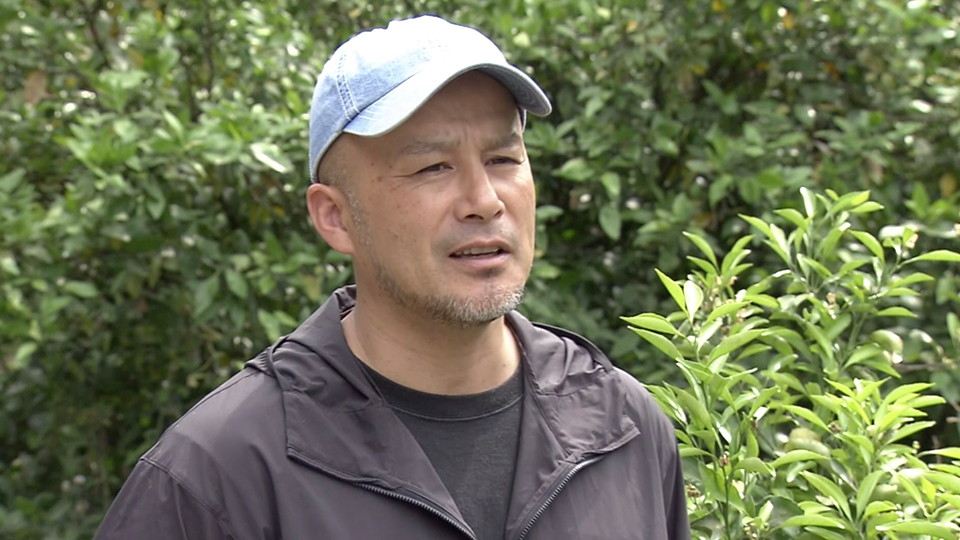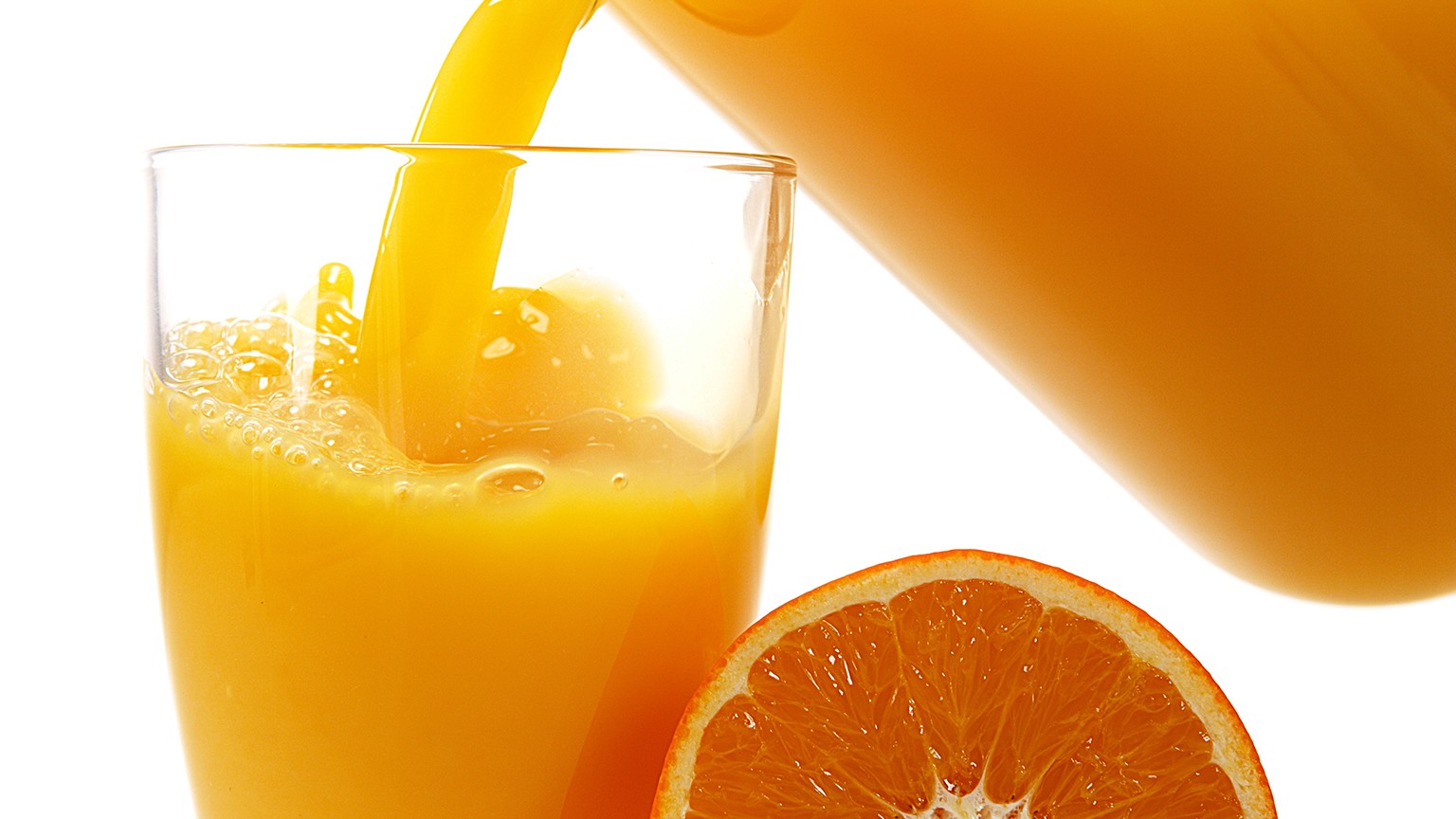A growing number of makers in Japan are suspending sales of their orange-juice products. A big reason is that Brazil — the world's largest orange-juice producer — is expected to suffer its worst crop in decades due to disease and poor weather.
The weak yen is not helping the situation. The Japan Fruit Juice Association says prices of imported orange juice surged last year by more than 50 percent in yen terms.
Officials with Morinaga Milk Industry say they will likely halt shipments of 200-milliliter cartons in June, when current supplies run out. They will raise the suggested retail price at the start of the month by about 8 percent to 130 yen, or 82 cents.
Yakult Honsha stopped selling orange juice in April. Megmilk Snow Brand has suspended sales of some related products.
Mos Food Service, which operates a hamburger chain, raised the price of its orange juice by 40 yen, or 26 cents.
Brazil to Israel
Some makers are trying to maintain production by looking to other exporting countries.
Tomoe Milk, a beverage maker based in Ibaraki Prefecture, north of Tokyo, produces around 20,000 bottles of orange juice daily.
The firm had relied on Brazilian imports. But the supply squeeze forced it to cut production from last year.
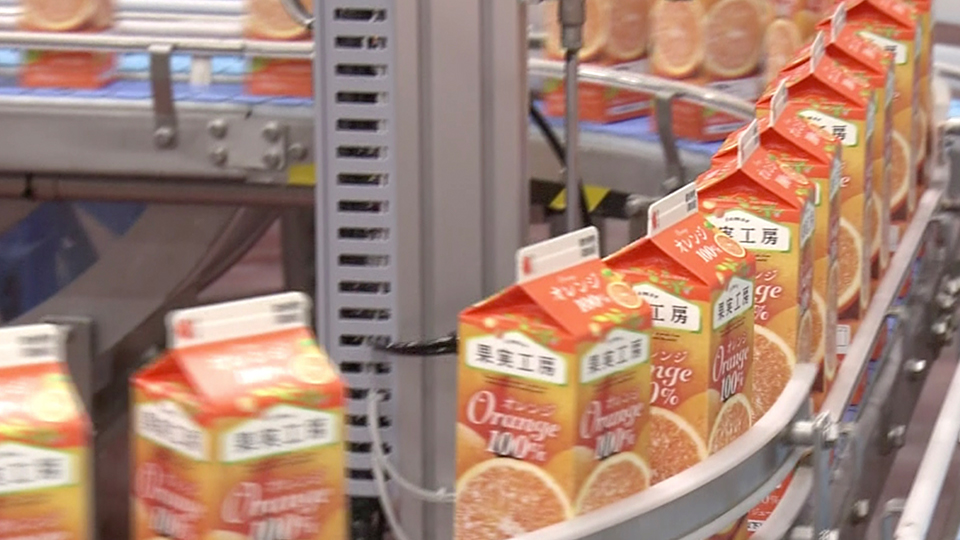
"Even though we ask trading companies, it's impossible to get the juice," says Ochiai Masayuki, the head of the company's purchasing department. "But orange juice is one of our main products so we want to maintain production somehow."
Tomoe Milk eyed Israel. The company has gradually been increasing imports from the Middle Eastern country, which is expected to account for most of the firm's imported ingredients by the end of June.
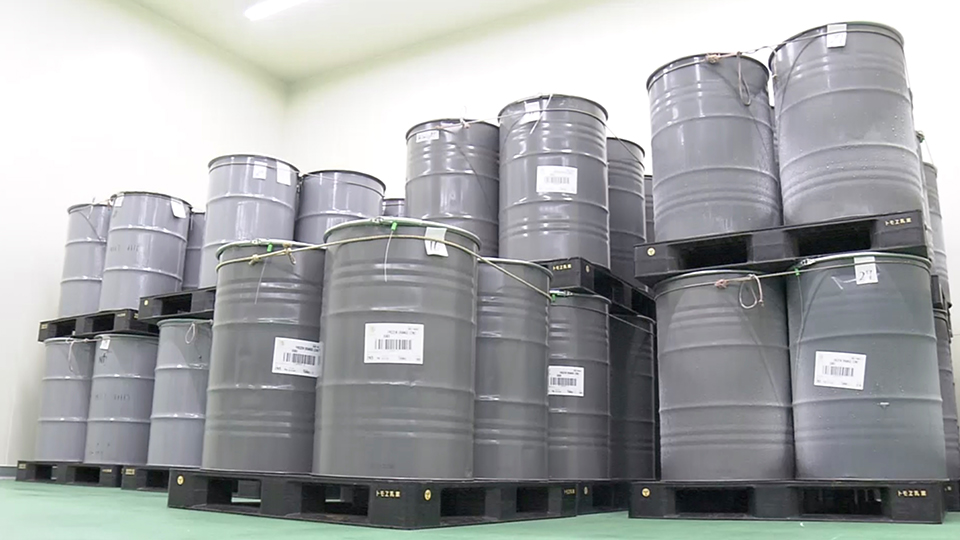
Makers consider domestic production
Other makers are looking at domestic suppliers.
Aikobo, which produces about 5,000 tons of citrus juice a year in Ehime Prefecture, sources fruit from local farmers and companies.
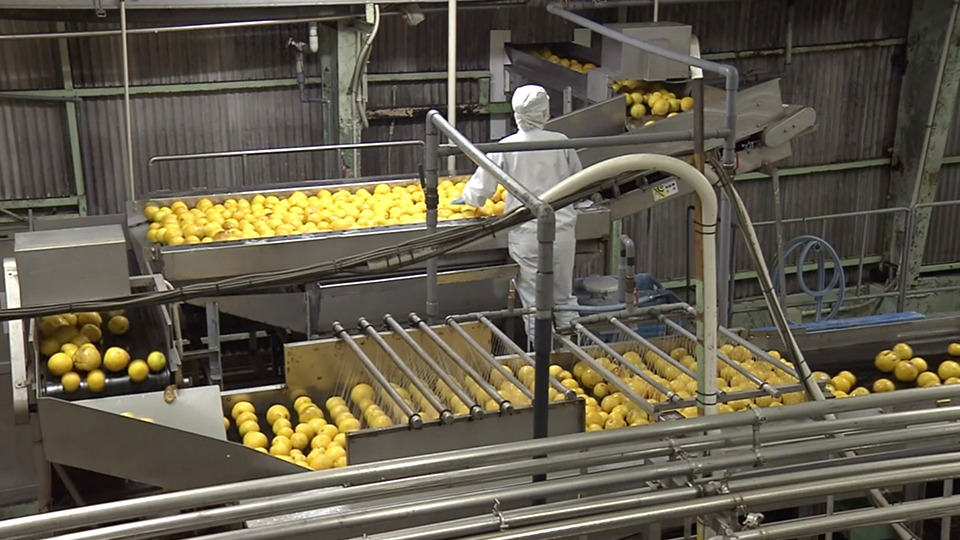
The firm, which mainly sells its products to domestic beverage makers, says it has been receiving a number of inquiries.
But Aikobo says it is difficult to swiftly respond to the demand, as the harvest is limited and production volume is set in advance.
"We are well aware that this can be an opportunity to promote the prefecture's products, and we would like to produce more if we could," says sales department head Takeda Masahiro.
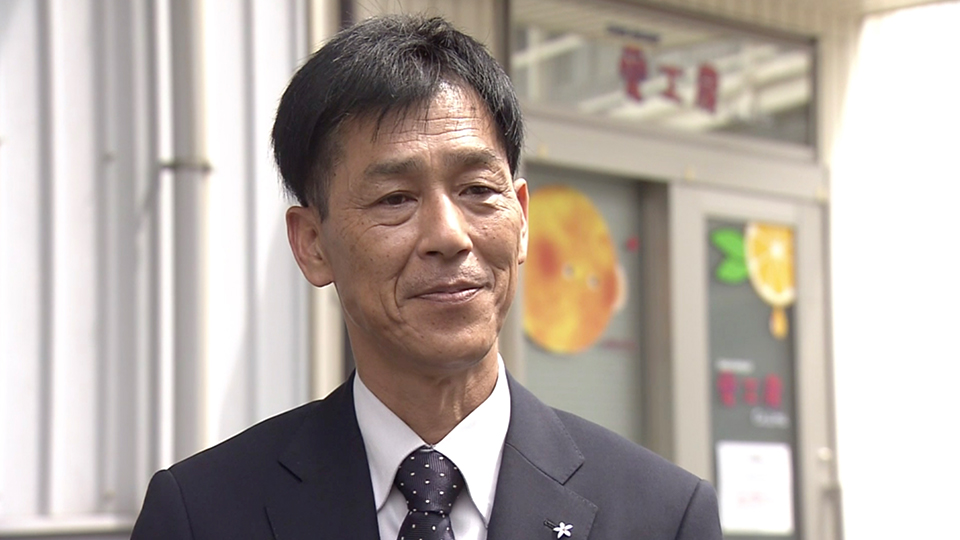
Farmers in Ehime Prefecture, one of Japan's leading citrus production areas, say there is not much they can do to help the situation.
Oranges for juice and those for eating are different. The former are usually scarred or oddly shaped. Local farmers are not so keen on growing such oranges because their prices are about one-tenth that of eating oranges.
Another hurdle is that most local oranges cannot replace the low-priced imports. That is because over the years, the farmers have been improved the quality of their crop — especially since imports were liberalized in 1991.
"The harvest is limited, and I cannot sell my fruit at low prices," says Ninomiya Shinji, who grows about 15 kinds of citrus fruit. His products are mainly sold for eating.
"But we hope demand for Japanese citrus fruits will grow."
